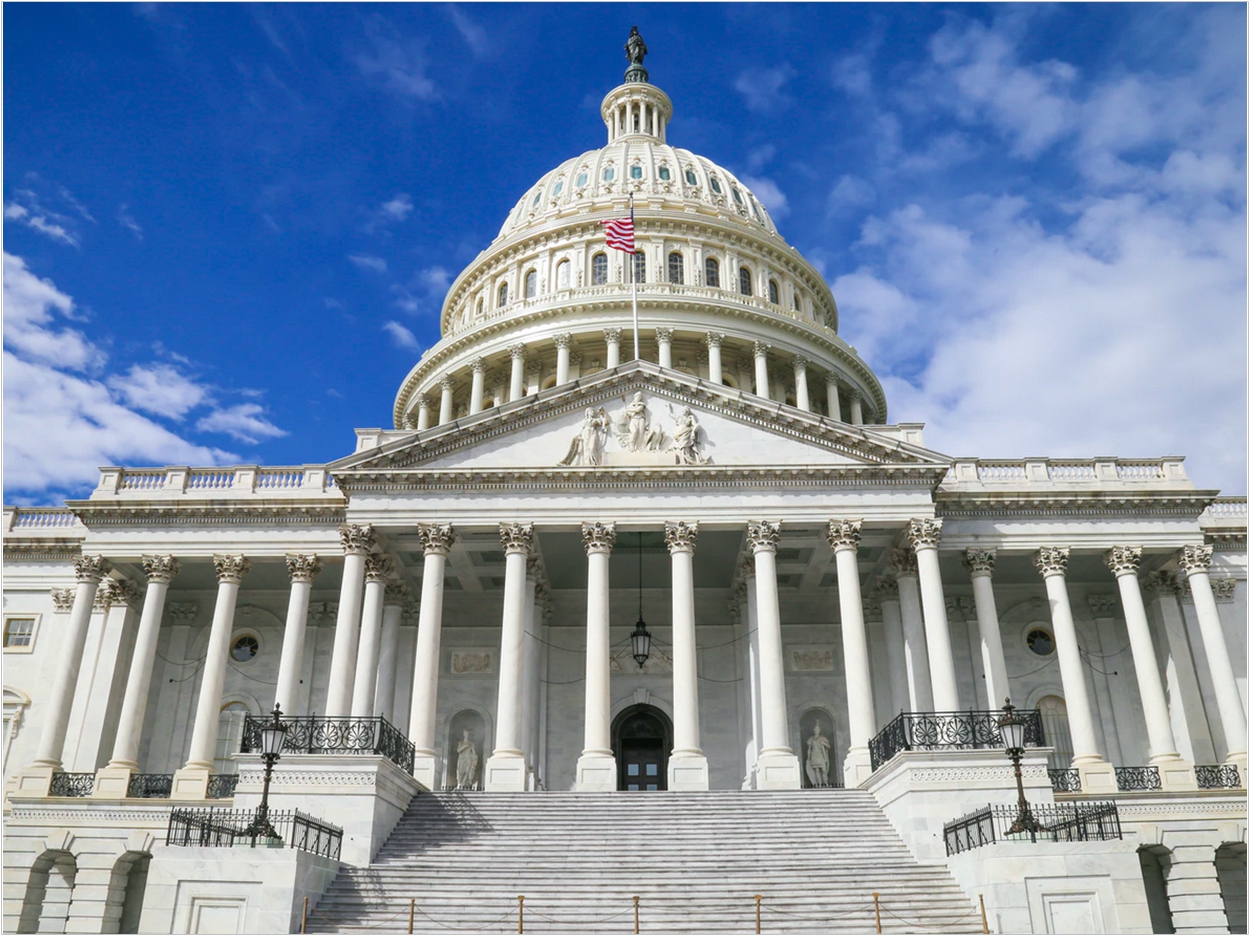
The ADA is asking the leadership of the federal House and Senate committees on small business to consider additional changes in the Paycheck Protection Program (PPP) in the next COVID-19 relief package to ensure that small businesses including dental practices can easily access and utilize the loan program.
“A majority of dental practices are small businesses, and PPP has been key to ensuring those dental practices continue to retain and pay their employees, as well as provide essential oral healthcare services to their patients,” ADA president Daniel J. Klemmedson, DDS, MD, and executive director Kathleen T. O’Loughlin, DMD, MPH, said in their letter.
However, the ADA noted, PPP could be improved with some changes, including:
- Providing startup small businesses that opened after February 15, 2020, with access to PPP and other federal small business loans and grants
- Allowing businesses to choose any three-month period to illustrate a 25% reduction in revenue for second-draw PPP loans
- Ensuring that lenders aren’t requiring overly burdensome documentation to apply for a second-draw PPP loan
“Many small businesses, including dental practices, opened their doors in 2020 and were immediately forced to close or downsize and lay off employees due to the pandemic, and yet they cannot access PPP or other loan programs,” the letter said. “These ‘startup’ businesses and their employees need access to federal aid as well.”
The letter also noted that the peak time for lost revenue occurred in March, April, and May of 2020, which is not considered a financial calendar quarter and cannot be used to reflect a 25% decline in revenue, making dental practices ineligible for a second-draw PPP loan.
“Congress should create flexibility to ensure that any three-month period reflecting a 25% decline in revenue, even outside of a traditional calendar quarter, would allow eligibility for a second-draw PPE loan,” the letter said.
Further, the letter said that some lenders seem to be requiring additional information during the application process for second-draw PPP loans beyond what was mandated in the Consolidated Appropriations Act of 2021.
“Congress, in conjunction with the Small Business Administration, should ensure that PPP participating lenders are not requiring overly burdensome documentation for PPP second-draw borrowers,” the letter said.
“Reflecting information beyond the scope of what was enacted merely deters borrowers from seeking PPP funds that are critical to keeping their businesses open and their employees paid,” the letter said.
Related Articles
The Renewed PPP Can Help Dental Practices
ADA Asks for Liability Protection in COVID-19 Vaccine Administration
Dental Organizations Note Need for Research Into COVID-19’s Impact on Oral Health












